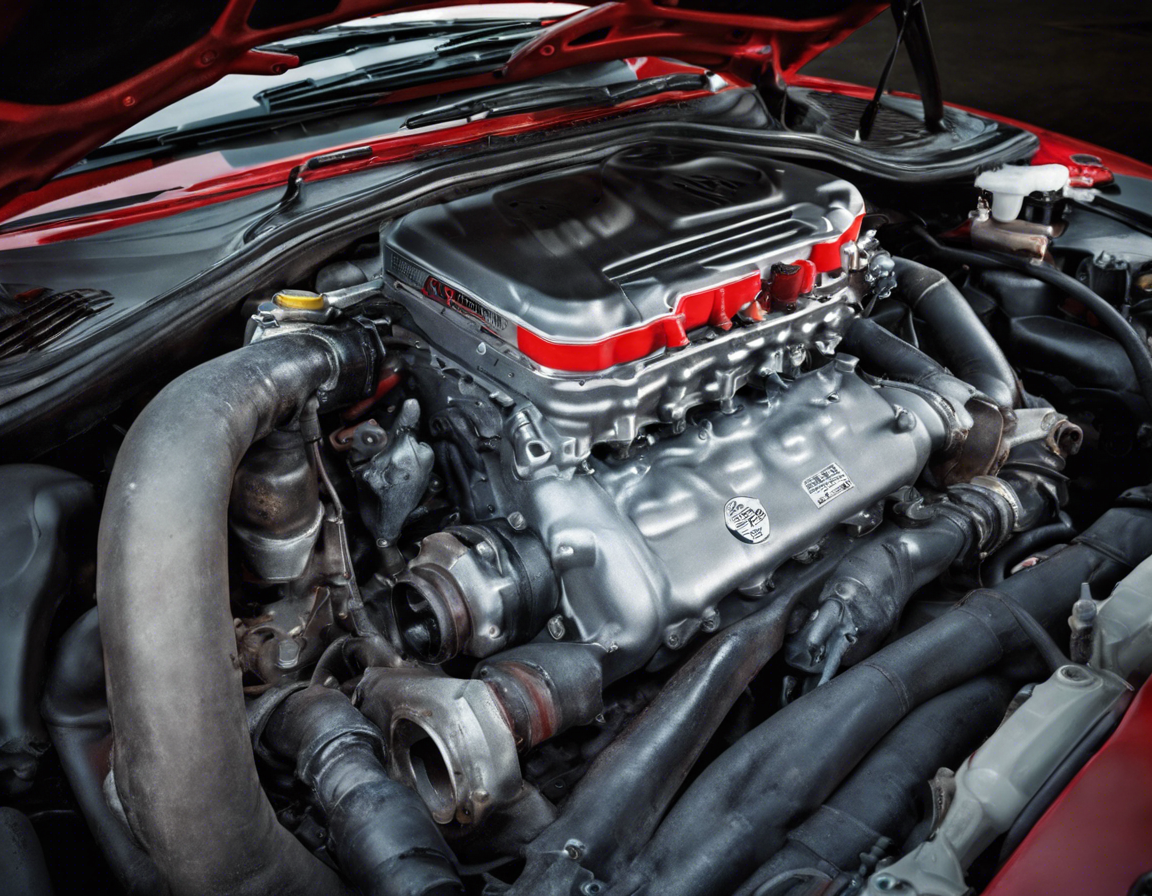Engine coolant leaks are a common issue that can lead to serious engine problems if not addressed promptly. Proper maintenance and preventative measures can help avoid these leaks and ensure the longevity of your vehicle’s engine. In this comprehensive guide, we will cover essential tips to prevent engine coolant leaks and keep your car running smoothly.
Understanding Engine Coolant Leaks
Before diving into prevention tips, it’s crucial to understand what causes engine coolant leaks. Coolant, also known as antifreeze, circulates through your engine to regulate its temperature. Leaks can occur due to various reasons, such as:
- Corrosion: Over time, engine components can corrode, leading to leaks in the cooling system.
- Hose Damage: Wear and tear on hoses carrying coolant can cause them to crack or break, resulting in leaks.
- Faulty Gaskets: Gaskets, such as the head gasket, can fail and allow coolant to escape from the engine.
- Radiator Issues: Damage to the radiator or its cap can cause coolant leaks.
- Overheating: Excessive heat can put pressure on the cooling system, leading to leaks.
Tips to Prevent Engine Coolant Leaks
1. Regular Inspections
Performing regular inspections of your vehicle’s cooling system can help you spot any potential issues before they escalate. Check for signs of leaks, such as puddles under the car or a sweet smell in the engine bay.
2. Maintain Proper Coolant Levels
Ensure that your coolant levels are always topped up to the manufacturer’s recommended level. Low coolant levels can put a strain on the system and increase the risk of leaks.
3. Monitor Engine Temperature
Keep an eye on your engine temperature gauge to prevent overheating. Excessive heat can damage engine components and lead to coolant leaks.
4. Replace Hoses and Belts
Regularly inspect and replace worn-out hoses and belts in the cooling system. These components play a crucial role in preventing leaks.
5. Use High-Quality Coolant
Invest in a high-quality coolant that is compatible with your vehicle’s make and model. Low-quality coolant can cause corrosion and damage to the cooling system.
6. Flush the Cooling System
Periodically flushing the cooling system can help remove sediment and debris that can lead to clogs and leaks. Consult your vehicle’s manual for the recommended flush intervals.
7. Check for Rust and Corrosion
Inspect the radiator, water pump, and other components for signs of rust or corrosion. Address any issues promptly to prevent leaks.
8. Avoid Overheating
Avoid driving your vehicle at high speeds for extended periods, especially in hot weather. Overheating can strain the cooling system and increase the risk of leaks.
9. Address Engine Issues Promptly
If you notice any symptoms of engine problems, such as overheating, loss of power, or strange noises, have your vehicle inspected by a professional mechanic. Ignoring these issues can lead to coolant leaks and other serious problems.
Frequently Asked Questions (FAQs)
Q1: How do I know if my vehicle has a coolant leak?
A1: Look for signs such as puddles under the car, a sweet smell in the engine bay, or the engine temperature rising unexpectedly.
Q2: Can I drive with a coolant leak?
A2: It’s not recommended as low coolant levels can lead to overheating and serious engine damage.
Q3: What should I do if I suspect a coolant leak?
A3: Have your vehicle inspected by a professional mechanic to identify and address the issue promptly.
Q4: Is it possible to prevent coolant leaks?
A4: Yes, by following proper maintenance practices, such as regular inspections, maintaining coolant levels, and replacing worn-out components.
Q5: How often should I flush my vehicle’s cooling system?
A5: Consult your vehicle’s manual for the recommended flush intervals, typically every 30,000 to 50,000 miles.
By following these essential tips and staying proactive about your vehicle’s maintenance, you can prevent engine coolant leaks and ensure the optimal performance of your car’s cooling system. Remember that addressing any issues promptly can save you from costly repairs in the long run.
